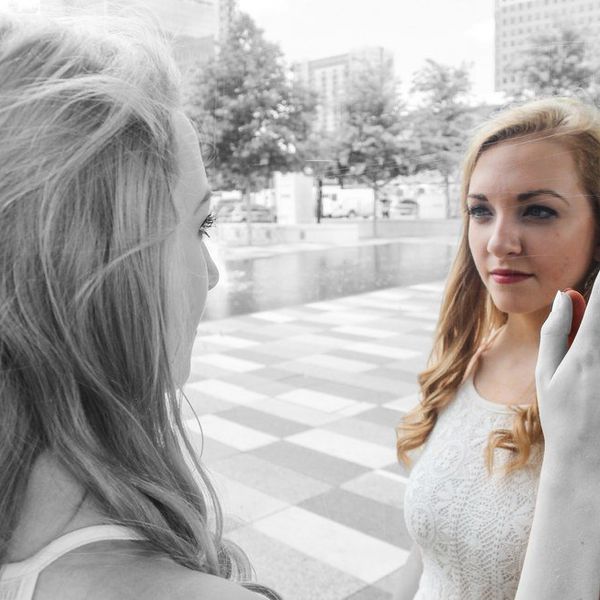Depression is probably one of the most tossed around terms regarding mental health. That said, it is also extremely misrepresented and misunderstood. What's worse is that the majority of the time, the misrepresentation and stereotypes surrounding depression aren't intentional or malicious, but rather the result of a lack of education. It's time to set the record straight as to what depression really is and what it isn't.
What Depression is Not:
Depression is not being sad for no reason. It's not acting sad as a way of getting attention. It's not about getting attention at all. I can't speak for anyone but myself, but when I'm in the throws of a depression, I don't really want to draw attention to myself. Now, I'm well aware that not everybody avoids attention when depressed, but a blanket assumption that depression is just a cry for attention is extremely unfair and unrealistic. I can say with a relative degree of certainty that no one wants to be depressed. I have yet to meet someone who struggles with depression who is happy to stay there, who doesn't want to get rid of it ASAP (and I mean, like yesterday).
Depression is not something that someone can "just get over." If it were that easy, depression wouldn't be on the mental health radar - at least not at its current intensity. Simply "getting out more" won't make depression go away either. For some people who cope with depression, myself included, getting out and being around people helps momentarily, but backfires the second you are alone again because you are even more drained from pretending to be happy.
When someone mentions depression, the stereotypical image is of someone curled up in ball in bed or sitting in a corner with their head buried in their hands - something like this:
What Depression Is:
According to the National Institute of Mental Health, depression is
"a common but serious mood disorder [that] causes severe symptoms that affect how you feel, think, and handle daily activities, such as sleeping, eating, or working. To be diagnosed with depression, the symptoms must be present for at least two weeks."
There are many different types of depression, all of which involve brain chemistry and "can co-occur with other serious medical illnesses." Depression is a real illness that requires treatment to maintain and improve. Some depression, such as Seasonal Affective Disorder (SAD) and perinatal depression, only last for a season in life (or nature for the case of SAD). Other depression, such as the depression that comes with bipolar disorder, is a constant throughout the patient's life and in most cases requires medication to keep the brain chemistry balanced. This is why a blanket statement of "go outside, you'll feel better" isn't necessarily the answer.
Just as everyone has a unique chemical makeup, depression presents itself differently in different people. The key is to look for behaviors that are out of the ordinary, such as someone losing interest in something they love to do, difficulty concentrating and fatigue.
While we all have a certain image that comes to mind when we think of depression, here are some examples of what depression really looks like:
Winston Churchill
Princess Diana
Vincent Van Gogh
Dwayne "The Rock" Johnson
J.K. Rowling
For more information on depression, go to The National Institute of Mental Health's website.
Suicide Prevention Hotline: Call 1-800-273-8255
Crisis Text Line: Text HELLO to 741741




























